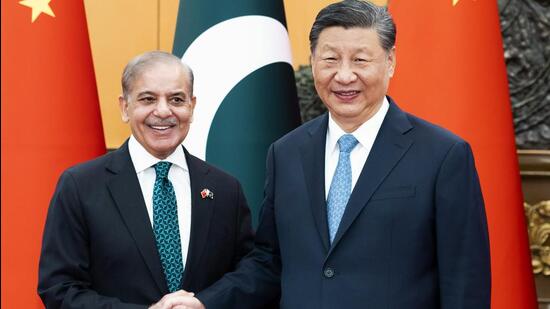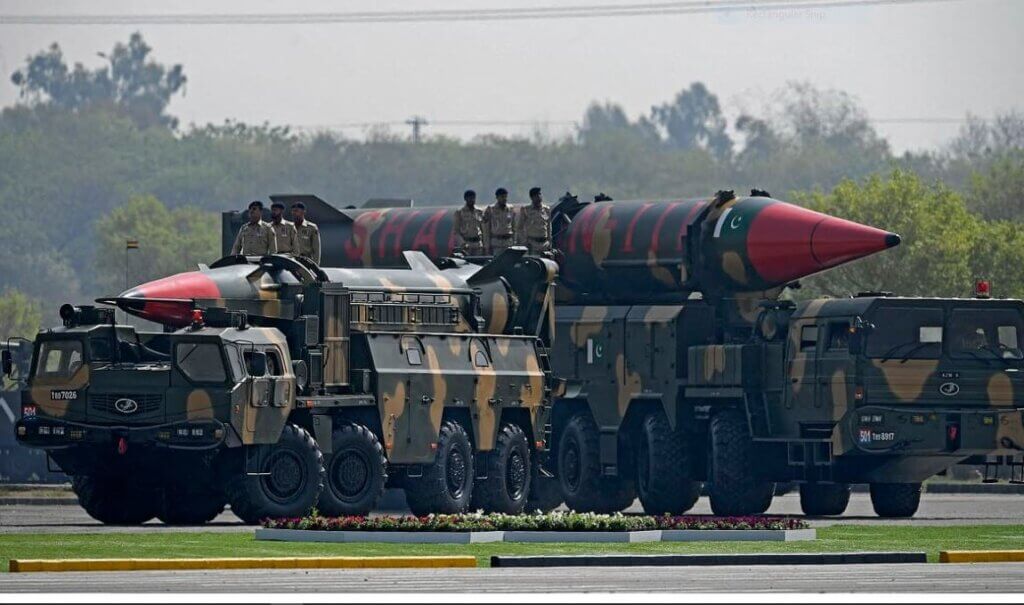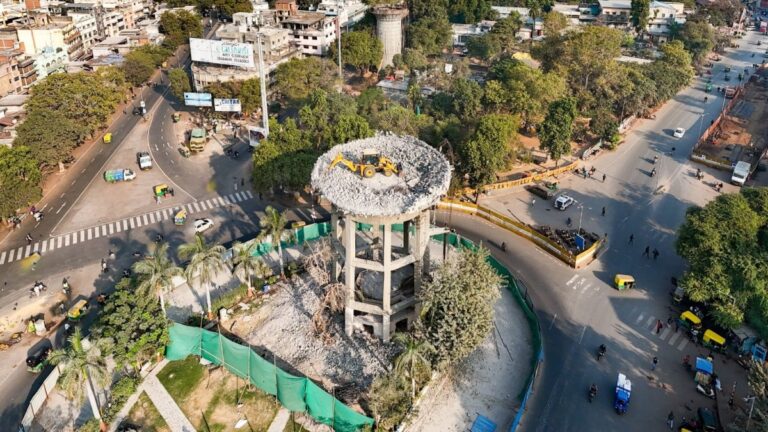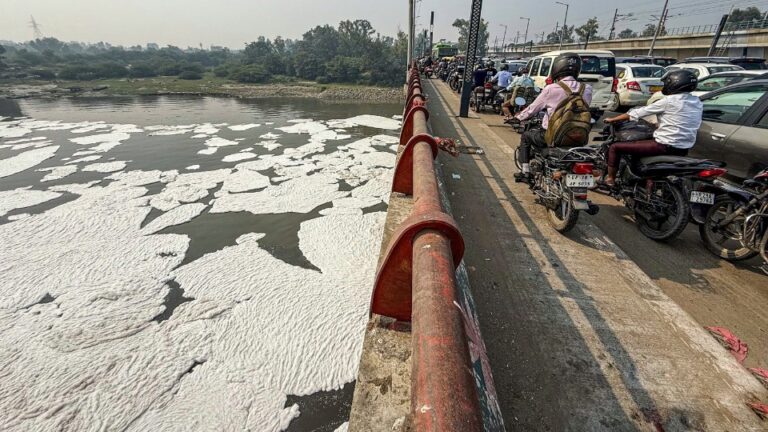The Pakistan nuclear radiation crisis is rapidly becoming one of the most concerning issues on the global stage. With rising military tensions between India and Pakistan, the possibility of nuclear radiation leaks has added to the already intense situation. This article explores why this crisis is unfolding and the potential global risks involved.
The Role of Pakistan’s Internal Instability in the Nuclear Crisis
One of the key reasons for the Pakistan nuclear radiation crisis is the country’s internal instability. Facing severe economic challenges such as inflation, unemployment, and political turmoil, Pakistan’s government and military have often resorted to external threats to shift the public’s focus. The Pakistani military leadership, which holds significant power in the country, has long used tension with India to maintain control and stability. This external aggression has been linked to Pakistan’s nuclear capabilities, increasing concerns about the security of its nuclear facilities.
China’s Strategic Influence on Pakistan’s Nuclear Program
Another factor contributing to the Pakistan nuclear threat is China’s influence. As an ally of Pakistan, China has supported Pakistan’s nuclear ambitions, often pushing for stronger military capabilities. This alliance has led to an intensifying of the nuclear arms race in South Asia, with Pakistan seeking to match India’s military strength. The growing role of China in this equation has raised alarms about the nuclear safety in Pakistan and the risks involved.

India’s Changing Military Strategy and Its Impact on Pakistan’s Nuclear Security
India’s evolving military strategy also plays a crucial role in the nuclear crisis in South Asia. Over the past few years, India has adopted a more assertive stance, believing it can target Pakistan’s nuclear sites if a threat arises. This shift has made Pakistan more vulnerable, especially as the threat of nuclear conflict grows. Pakistan’s nuclear weapons are now under greater scrutiny, and the security of its nuclear infrastructure is a major concern.
Global Nuclear Security Concerns and the Pakistan Radiation Leak Risk
The threat of a Pakistan nuclear radiation leak is not just a regional issue—it’s a global one. The world is increasingly concerned about the safety of Pakistan’s nuclear facilities. If radiation from these sites were to leak, it could have devastating effects not just for India, but for the entire region. International nuclear security agencies are closely monitoring the situation as tensions escalate.

Conclusion: The Need for Global Attention
In conclusion, the Pakistan nuclear radiation crisis is not just a matter of regional importance. The global community must pay attention to the growing risks associated with Pakistan’s nuclear capabilities. As military tensions rise, it is crucial for international bodies to ensure that nuclear safety is prioritized to prevent a potential disaster.



